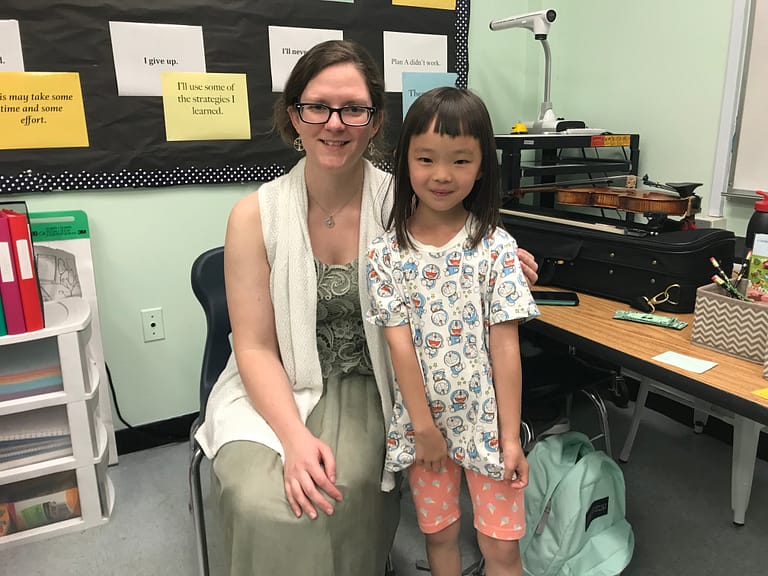
Suzuki Method & Alexander Technique
- Viola & Violin Lessons
- Alexander Technique Lessons
- Early Childhood Classes

Additional Offerings:
Alexander Technique
ASTACAP
Community Outreach
Creative Ability Development
Music Mind Games
Limited Spots Available
Suzuki viola and violin lessons are for children ages 3 and up.
Adults welcome too!
Immersion: Children have the ability to learn music the way they learn language when provided the opportunity. The success of language is supported early by a daily accumulation of watching, listening, speaking, reading, writing, and repeating. When music is approached a similar way, it becomes another deeply instilled skill.
Community: Children learn from each other. Group classes and activities support points learned in private lessons, and allow families to connect. It is easier to progress when you have many voices celebrating your successes and supporting your struggles. Share advice, practice with partners, have play dates, and know that every child can learn!
Character: Learning to play an instrument asks for focus, problem solving, sensitivity, creativity, fine motor skills, team work, grit, time management, and more. Through learning music, lifelong learning skills are developed too.
“If a musician wants to be a finer artist, he must first be a finer person.” – Dr. Suzuki
Family Time: Music is an opportunity to have a shared activity, where everyone takes a pause, takes and breath, and spends time together. A child’s success in music relies on demonstrating its value and importance at home. Having time to practice and play together, listing to music and attending live performances, you are an irreplaceable part of your child’s journey, and they will remember the time you set aside to spend with them. As Dr. Suzuki said, “Children learn to smile from their parents.”

Coming 2024
Connecting with yourself.
Lessons for all ages.
Performance: A number of people first come to the Technique due to reoccurring pain affecting daily life. They seek relief so that they can return to enjoying a range of activities from walking, running, sitting, working on the computer, and using the phone, to the professional performing arts, Olympic level athletics, and more.
Awareness: A subtle yet important sense that shapes what we do, how we do it, our feelings on the matter, and what we believe about ourselves. It can be a lack of awareness that gets us into trouble and pain, or that what we thought we were doing is not what we were doing at all. Often when exploring an activity as listed above, we uncover a different awareness of the situation.
Potential: Awareness brought into performance allows for new discoveries to be made. When you experience more than one way to complete an activity there is potential for more or greater outcomes. How far you take the work is up to you.
Prevention: Frequently revisiting awareness and potential gradually lessen the habits, and original reasons for seeking lessons. As is true for many things, practice does not make perfect, but can make permanent.
It is my hope to pursue prevention further, by exploring ways to make this work more accessible to children. F.M Alexander, much like Shinichi Suzuki, always believed this work should be integrated early so that children could grow with the work into adulthood.

Future Project
Ability develops early.
Suzuki Early Childhood Education classes for infants to children age 4.
Why Early Childhood Education?
In a story from Dorothy Jones, she shared that she heard Dr. Suzuki say that “Music education of a child should not start at birth but should start nine months before birth.”
He later changed this saying, “I was wrong. The education of a child should not start nine months before birth, but nine months before the birth of the mother.”
Later adding, “…. And don’t forget the babies.”





